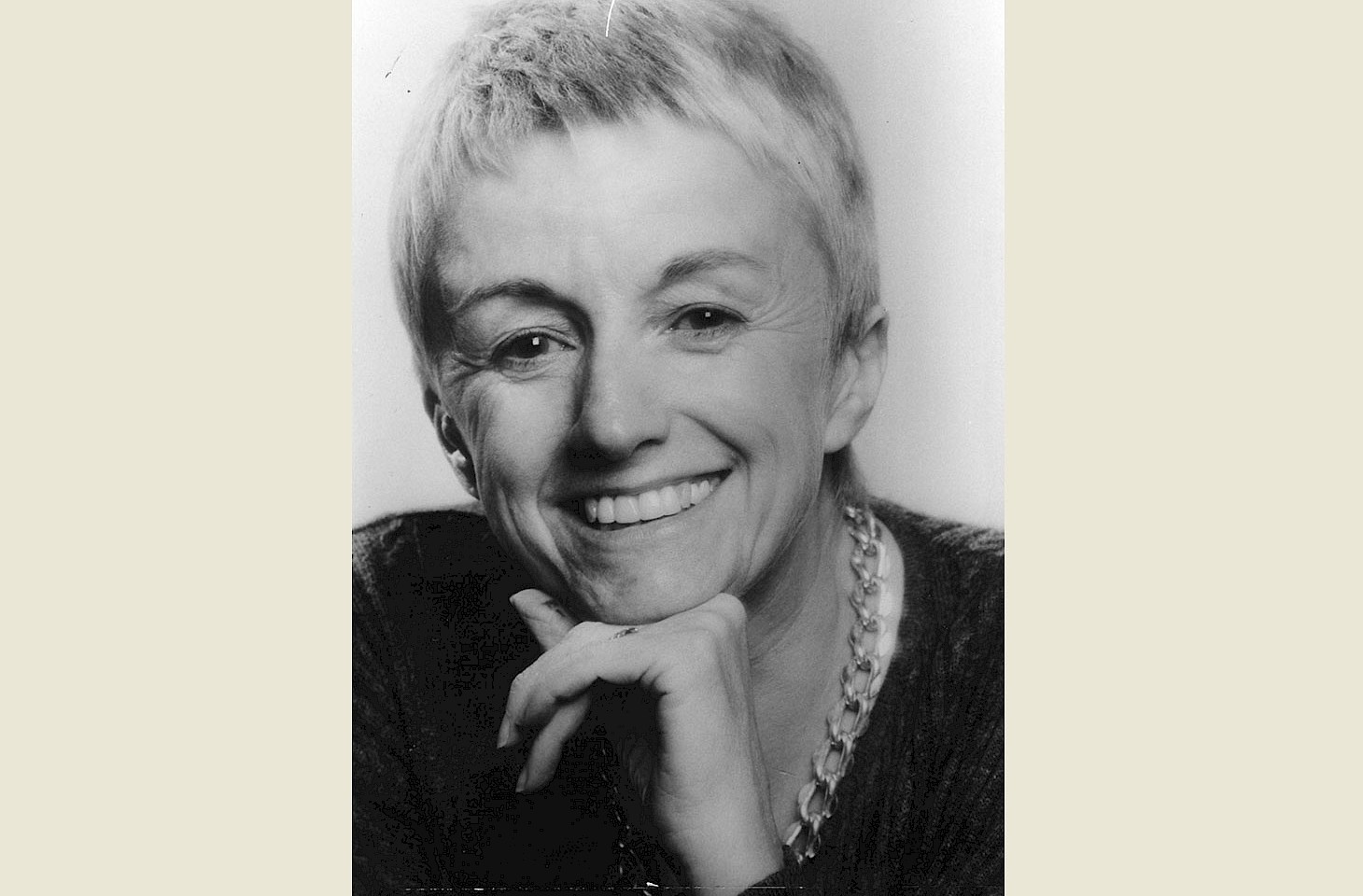Dear fellow travellers
Another Friday morning. And a sunny September day in Liechtenstein. A little fog around dawn down in the Rhine Valley, but that will surely clear quickly. So blue skies will set the tone for the hundredth birthday of Baron Eduard Alexandrovich von Falz-Fein.
Eduard von Falz-Fein was born on 14 September 1912 into quite another world. Emperor Franz Joseph I still presided over Austria-Hungary, Nicholas II ruled Russia and journalist Leon Trotsky was making his way south from Vienna to cover the developing troubles in the Balkans. Falz-Fein was thus born into a Europe on the brink of change, and his remarkably long life encompasses pre-Soviet, Soviet and post-Soviet Europe.
Today Falz-Fein lives in Liechtenstein close to Vaduz Castle. The name of his home recalls the place of his birth. It is called Villa Askania-Nova.
Back in 1912, the Falz-Fein family estate in Kherson Province (now part of southern Ukraine) was an extraordinary place. There were zebras, black swans, camels, ostriches and antelopes. The Falz-Fein family had promoted their estate as a pioneering example of nature conservation in Europe. Modern conservationists may well raise an eyebrow or two at the exotic species that were imported to populate the virgin steppes, but thinking on such matters was very different in the late-nineteenth century when the Falz-Fein family were developing Askania-Nova.
Twentieth-century history was not always kind to the Falz-Fein family. They fled from Askania-Nova in 1917, eventually leaving Russia in 1919. Only much later did Eduard von Falz-Fein settle in Liechtenstein where he made a decent living helping promote Liechtenstein as a tourist destination and running souvenir shops in the mountain principality. Within his adopted country, Falz-Fein is particularly acknowledged for his contributions to Liechtenstein sport - notably bobsleighing and cycling.
Surely one of the most unusual moments of Falz-Fein's long life was the morning of 3 May 1945. The sleeping baron was awoken by an early morning telephone call from a Leichtenstein government official, who urgently asked if Falz-Fein might be prepared to rise early to act as translator. During the preceding night, a ragtag mix of over 400 Russians, the remnants of the self-styled First National Russian Army, had entered Liechtenstein by stealth, wandering up a narrow country lane from Fresch in Austria.
Three citizens of Liechtenstein were on border watch and intercepted the Russians. And, in a magnificent act of hospitality, they invited all bar one of the visitors into their country. Only Prince Vladimir Cyrillovich Romanov, who was then asserting his right to the Russian throne, was refused entry and sent back down the hill into Austria. Liechtenstein, wisely perhaps, realised that theirs was a principality with space for only one prince.
The links between Liechtenstein and Russia have grown over the years, and Eduard von Falz-Fein, affectionately known in Liechtenstein as the Russian Baron, symbolises something of the principality and something of a wider Europe.
Far, far away to the east, on the dry grasslands of southern Ukraine, the Askania-Nova estate is still a celebrated nature reserve. We hope that today, on the centenary of the birth of Eduard von Falz-Fein, someone at Askania-Nova might take a moment to recall the family that initiated a pioneering experiment in conservation.
Nicky Gardner and Susanne Kries
(editors, hidden europe magazine)
P.S. You might be interested in our feature on the Russian 'invasion' of Liechtenstein published in hidden europe 28.


